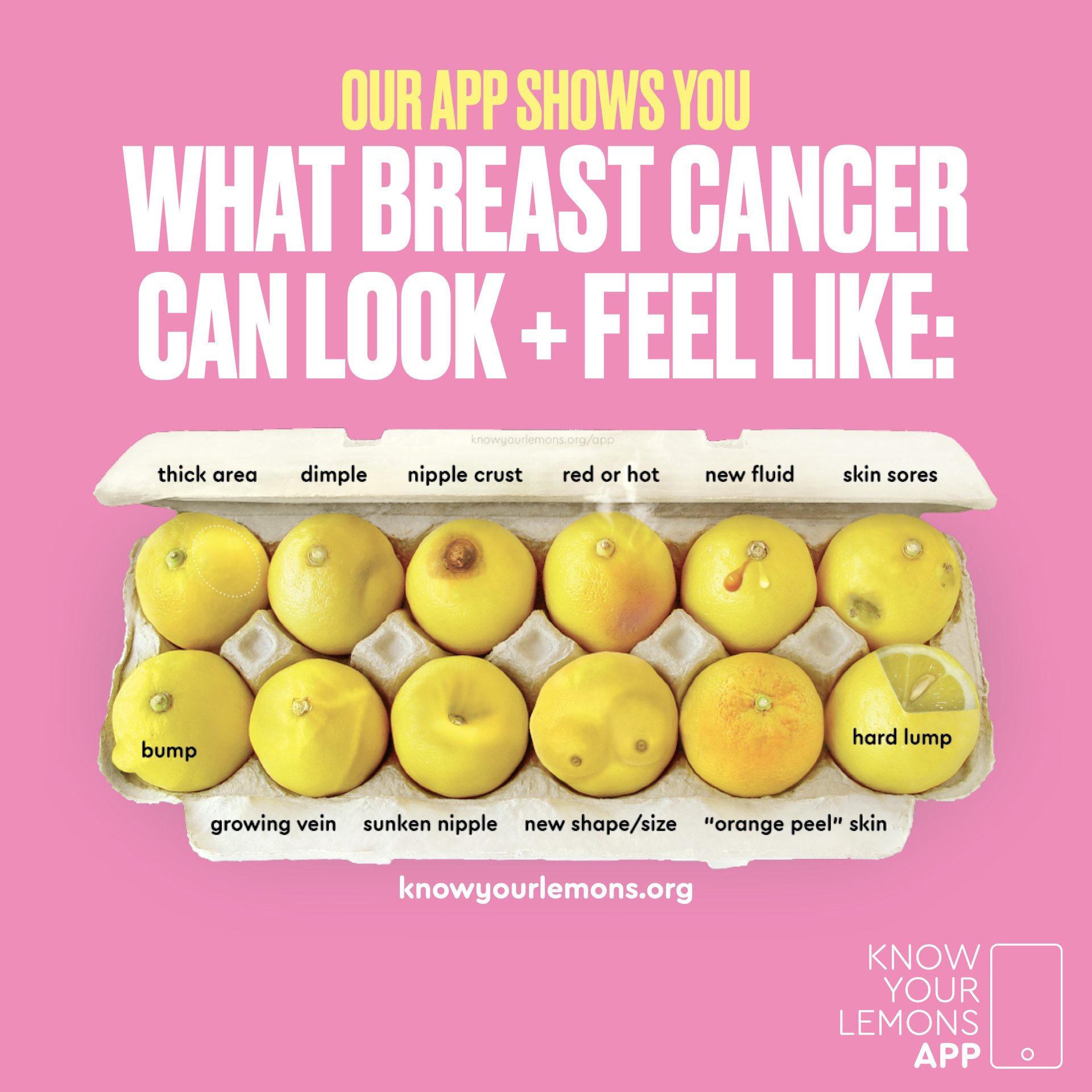Darlaine Honey's story: What is Lobular Breast Cancer?
Disclaimer: Know Your Lemons deeply values and respects the experiences and stories shared by breast cancer patients. The advice, statements, or facts presented in these narratives may not necessarily align with medical expertise or be universally applicable to every individual’s situation. Breast cancer is a complex and highly individualized medical condition, and while these stories offer valuable insights and emotional support, they should not substitute for professional medical advice or treatment. Always consult with a qualified healthcare provider for personalized guidance and decision-making regarding breast cancer diagnosis, treatment, and management. Know Your Lemons encourages a collaborative approach between patients, caregivers, and medical professionals to ensure the best possible care and outcomes for those affected by breast cancer.
Darlaine Honey is 62 years old from Surrey, England. She works full-time as a sexual health advisor. Over the COVID lockdown Darlaine, along with some friends, formed the charity Lobular Breast Cancer, so other women could get more info about Lobular Breast Cancer. She is also a patient advocate, an ad-hoc patient research advocacy volunteer for the Institute of Cancer Research, and reads research criteria for another hospital. She also helps with the Facebook page Linking Lobular Ladies and tries and help – where possible – for the lobular moonshot project to raise money for research. Her spare moments are spent in the summer at her caravan on the coast, swimming and photography. The people who inspire her most in life are her kids. Each has an amazing empathic, sensitive strong nature, that makes her immensely proud. Her mum, who was a fierce strong woman having to raise her kids on her own after her husband passed away when Darlaine was 12. Her sister, who is fierce and fearless. "And all of the women that daily get up and do this damn breast cancer thing, shouting for others, tirelessly pushing agendas for better outcomes, helping others. Breasts are so tied into a female psychology I don't feel this is recognised enough in medicine." - Darlaine H.
Darlaine has given us permission to share her story to help educate people on what lobular breast cancer is and the importance of doing your self-checks to better know your normal.
Hi, my name is Darlaine and in 2016, I was diagnosed with Invasive Lobular Breast Cancer. At first, I didn't have a clue what that was because what the hell is "globular"? I looked it all up, and it's not globular, it's lobular. So, it was difficult to find out information about this subtype because forever and a day, everybody in the media, in the news, or people even ask, because they say what's happened? Oh I’ve got breast cancer, but not many people say “what type?” I think it's really about time we knew about different types, and how they present, and what they look like, and how they feel, so that more can be done to research the different types. Lobular, for instance, rarely forms a lump and it presents in different ways. So you need to look out for other things – tugging, pulling, inverted nipples. Pain can be a symptom of lobular sometimes as well. Anything that's different, a dent, that was what happened to me, my bra on my skin as it's aging, there was a couple of lines across, there was a tiny dent, and it was so small, about 11 millimeters, and it didn't even occur to me that that was even a symptom. So I took my bra off and felt all around there and it was nothing. There was nothing there to feel. My mammograms were up to date, it was all regular. So it was a bit of a surprise when it was there, because I've never heard of lobular, and a lot of people don't.
If you know what subtype you have, you're more likely to be able to talk to the surgeon about the different types of treatment that you have for different types of breast cancer. They all are really quite different and need different stuff. So what's really good is that in that box of lemons on the Know Your Lemons website, mine actually was the second one in from the back row, that tiny little dent, and it's really good to know all those different things because all those different things make a difference in what you look for.
So when you're standing there and you've got your arms up and stand to the side, check everything, have a look, any kind of dent, discharge, nipple, pulling, pain even because pain for lobular is quite common, but it's not really recognized as a symptom. So you need to be able to check all those things out so you know what you're looking for. It's really important to know what is normal for your body so that you can say "right, that's not quite normal this month. Let me just check next month, see if that's still there, and go and get it checked." It's a day really where you go get checked, and if you're referred on you just go into the center where they do it all in one day. Go and get it checked. It's really important.


